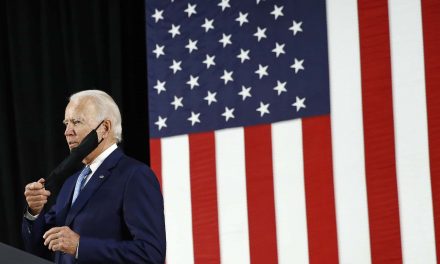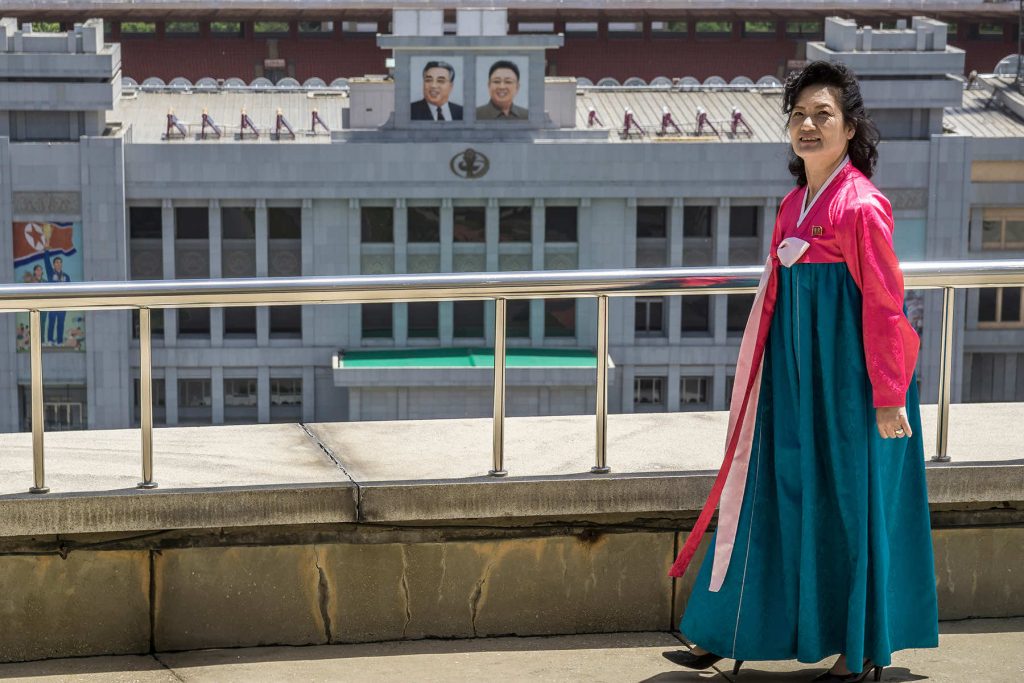
Governor Tony Evers recently instituted April as Sexual Assault Awareness month for the state of Wisconsin. Although this has been a national trend, the action by the governor brings light and addresses a very prevalent issue many face daily.
Now it is an institutional problem that cannot be fixed overnight, but starting with smaller institutions is a good start. Recently, Secretary of Education, Betsy Devos proposed new Title IX regulations that would limit a survivor’s safety on a college campus. Although the policy has not passed yet, learning about this possibility makes me fearful for not only my own safety but also the safety of others on campuses around the state.
Many students have taken action by starting letter writing campaigns, and leaving comments for the Department of Education to read as an effort to prevent these policies from being approved.
The regulations proposed apply on a school-by-school basis, with some requirements require for some and not others.
As a young female student, I have been taught how to be careful and told ways that I can protect myself. Do not go out alone at night, carry pepper spray or an alarm. Keep aware of the surroundings. One person even suggested that I carry a knife.
Something that astonishes me, is that I have been told all these ways that I have to address the issue. But the perpetrators of the actions are not the ones held accountable. I also do not want to know that the institutions meant to protect me are instead heading in the opposite direction with their policies, and choose to protect the attacker instead.
I hear accounts every day of professors assaulting students and of students attacking each other. There have been stories that break into the national awareness, but also the ones that shake our local communities as well.
Over spring break, I met with a friend who attends the University of Wisconsin-Milwaukee. She told me her account of meeting a professor off campus to discuss a class project. Normally it is protocol to meet a professor during office hours, in their university assigned office. However, this teacher requested the meeting take place half hour away from campus.
This very same teacher was later dismissed for assaulting a student. That very student could have been my friend.
People in positions of power have been taught that it is okay to use that authority as a way to take advantage of eager to please young students. Universities tend to have their own policies when an assault is reported, as well as Title IX guidelines to follow, but the system is lacking a universal procedure. At my university, and universities my friends attend, most of us do not know where to begin when reporting an assault.
I recently went to a national event held on a campus outside of Milwaukee. It was called Take Back the Night, a movement by women and survivors of sexual assault that provides a platform to speak out, march, and protest for the justice they so deserve.
Sitting in the common area and listening to their the voices, I could feel the solidarity of people that shared an understood. And not just with the people in that room, but people throughout the country, all raising their voices to speak at sister events. The night was for us, and we were there to say we would not be silenced.















